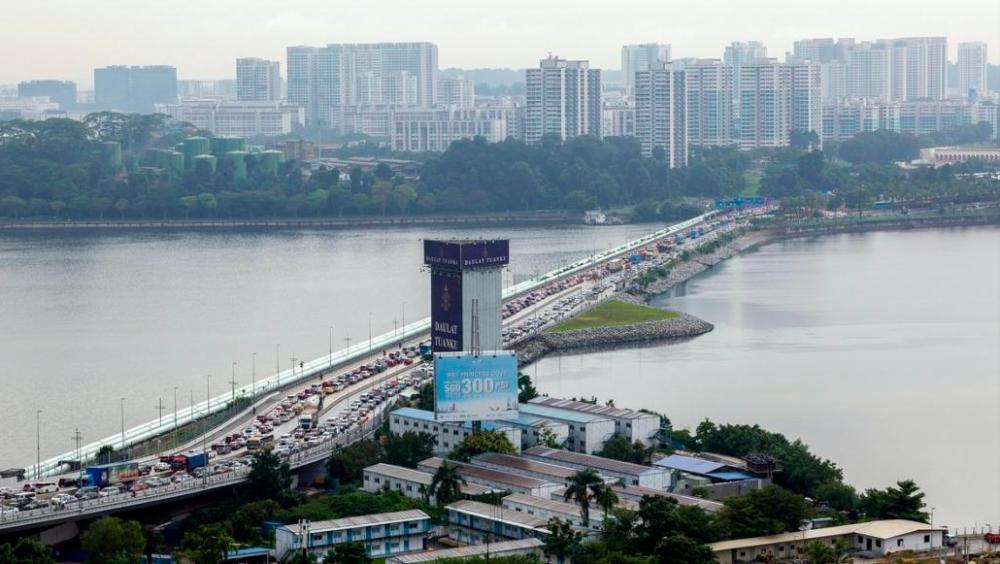ON JAN 6, the prime ministers of Singapore and Malaysia signed a historical agreement creating the Johor-Singapore Special Economic Zone (JS-SEZ), capitalising on the strengths of both economies for the benefit of the two countries. It will provide an avenue for Singaporean companies to bring in capital, business expertise and technology, and for Malaysian companies to provide people, land and infrastructure.
The SEZ is expected to promote investments in 16 economic sectors, including manufacturing, logistics, food security, tourism, energy, digital economy, green economy, financial services, business services, education and health. Specific areas such as aerospace, electrical and electronics, chemical, medical devices and pharmaceuticals have been added as key sectors for high-value growth.
There will be freer movement of people who are involved in the SEZ with passport-free clearance through the use of Quick Response codes. The movement of goods between SEZ and Singapore is expected to be simplified. Details on the customs and immigration procedures should be available in due course.
Incentives available
Effective Jan 1, investors in the SEZ undertaking new investments in qualifying manufacture and services activities – such as artificial intelligence and quantum computing supply chain, medical devices, aerospace manufacturing, and global services bub – will be able to enjoy a special tax rate of 5% up to 15 years. Additional tailor-made incentives will be available to businesses operating in certain flagship areas in the SEZ. Eligible knowledge workers working in the SEZ will be able to enjoy a flat 15% tax rate on their personal income for 10 years.
In addition to the above, tax perks such as special incentives for businesses relocating to Malaysia, green technology incentives, global service hub incentives, pioneer status and investment tax allowance, and other incentives such as grants for capital investment, research and development, and workforce training will be available.
The interaction with other incentives
It would appear at the moment that the existing incentives available to the Johor region such as the Iskandar incentives, Forest City Special Financial Zone incentives, family office incentives and Pulau 1 which is a customs tax-free area, are likely to be mutually exclusive from the incentives accorded to the investors under the JS-SEZ.
Issues to think about
Although the proposed special corporate tax rate is 5%, in the event the investors are subject to the Global Minimum Tax then the effective corporate tax rate will be uplifted to 15%. This is only applicable to multinational enterprises with a turnover in excess of €750 million (RM3.4 billion).
Companies investing into SEZ should factor in the double tax agreement in calculating the tax impact of the investment and money flows from the investment.
Other normal tax issues such as withholding tax, transfer pricing, customs duty, sales tax and service tax remain unchanged unless any announcements are made in the future.
We also understand that in the near future there will be guidelines issued to clarify the criteria for claiming the incentives and the procedures to be followed. Perhaps the guidelines may help existing investors operating in the SEZ to determine whether they will be allowed to opt for the new incentives provided under the JS-SEZ regime without any clawback or will they be excluded from enjoying the new incentives.
Investors would also be interested to find out whether they can transact and maintain bank accounts in foreign currencies, especially in the Singapore dollar. Will this be permitted?
This article is contributed by Thannees Tax Consulting Services Sdn Bhd managing director SM Thanneermalai (www.thannees.com).









